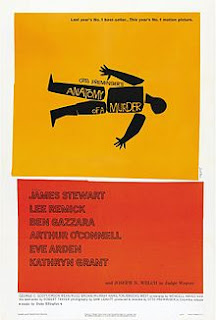On the Voelkers
 Ishpeming, Michigan is a dying town, surrounded by forests
ready to reclaim land lost in the Upper Peninsula mining boom. At the turn of
the 19th century, however, Ishpeming was thriving. Miners tore through the
surrounding hillsides, subsisting on copper country pasties and strong, black
coffee.
Ishpeming, Michigan is a dying town, surrounded by forests
ready to reclaim land lost in the Upper Peninsula mining boom. At the turn of
the 19th century, however, Ishpeming was thriving. Miners tore through the
surrounding hillsides, subsisting on copper country pasties and strong, black
coffee.
***
Thursday night. George Voelker’s tavern is filled to the
brim. The barback attempts to squeeze out from behind the bar through the sea
of bodies to stoke the woodstove, to no avail. It doesn’t matter, the crowd
keeps the barroom warm. It’s 1902. George wants to be fishing.
***
Sunday evening. George’s son John pens his first story. John
sits at an old oak table that doesn’t sit quite right with his mother Annie
across from him lesson planning for the school week ahead. George sits in a
rocker by the fireplace smoking a loosely rolled cigarette and wiping down a
fox trap. Blizzardy winds batter the Voelker townhouse. In the morning, George and John carry broad shovels out of a second-story window on to the roof overhanging the porch. George jumps from the roof into the sea of snow below, which takes him in with an audible crunch. He signals to John to follow. They dig a path to the barn out back well into the afternoon.
It’s 1914. George and John want to be fishing.
***
Tuesday afternoon. Justice John D.
Voelker of the Michigan Supreme Court is more often recognized as Robert Traver
these days—author of the New York Time Bestseller Anatomy of a Murder—though today he sits in his chambers, penning a
dissent in the defense of a colony of nudists. Vitriol flows through his pen
onto a yellow legal pad, thinly-veiled under his brand of lyrical humor. “If
nudism must go, it must go by right, not might,” he writes.
His dissent convinces Justice
Edwards, swinging Justice Voelker’s opinion into the majority. “I dissent.” People v. Hildabridle, 92 N.W.2d 6.
It’s 1958. Justice Voelker just
wants to be fishing.